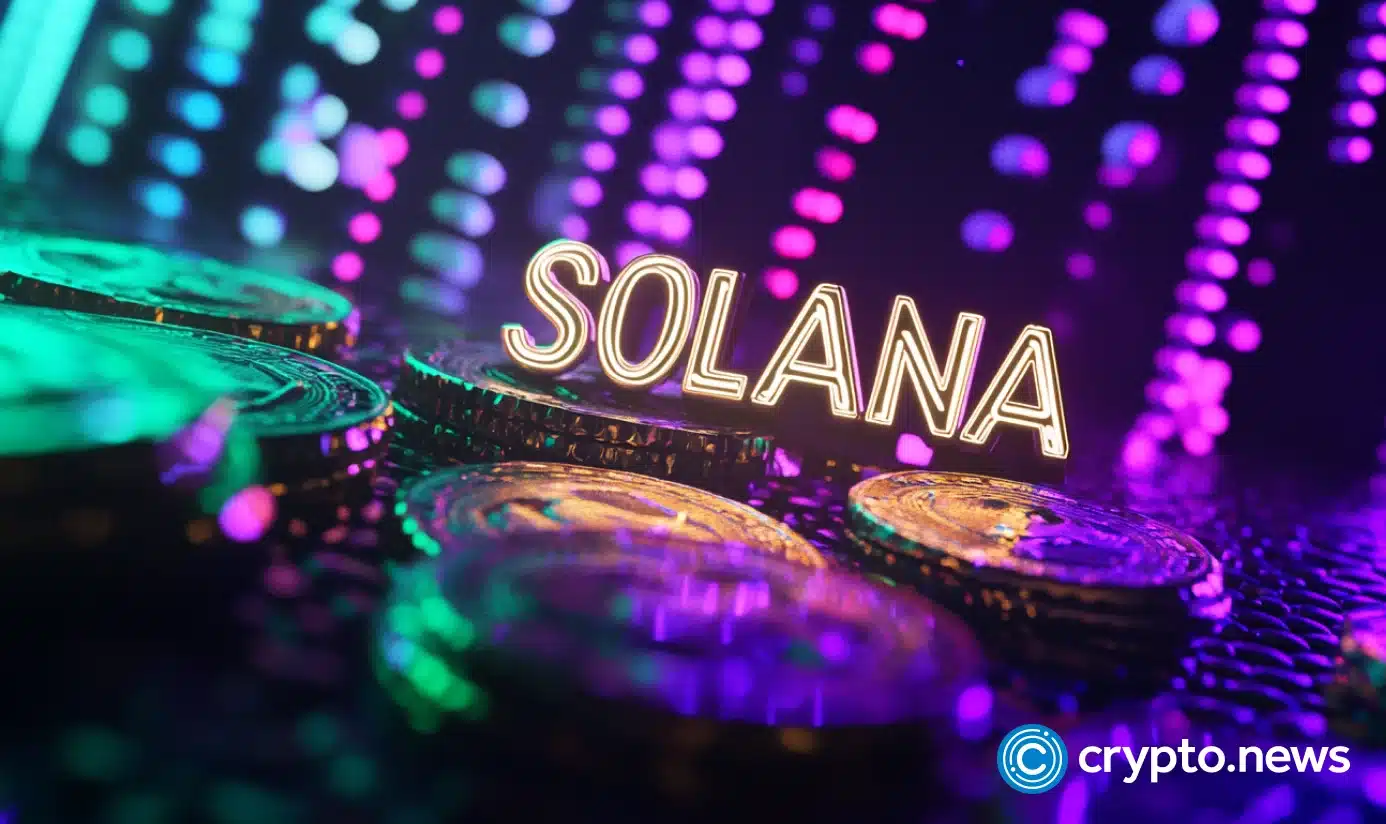
Carbon Credits: Combating Climate Change Through Market Incentives
탄소 배출권: 시장 인센티브를 통한 기후 변화 대응
Carbon credits play a crucial role in tackling climate change by motivating businesses and nations to reduce greenhouse gas emissions. They establish a monetary value for emissions, creating a market-driven approach to environmental accountability and sustainable practices. This mechanism not only supports climate adaptation and mitigation projects globally but also promotes international cooperation. Recognizing this significance, Ghana and Singapore have partnered to utilize blockchain technology to enhance the efficiency, transparency, and scalability of carbon credit trading.
탄소배출권은 기업과 국가가 온실가스 배출을 줄이도록 동기를 부여함으로써 기후 변화에 대처하는 데 중요한 역할을 합니다. 이는 배출에 대한 금전적 가치를 확립하여 환경 책임과 지속 가능한 관행에 대한 시장 중심 접근 방식을 만듭니다. 이 메커니즘은 전 세계적으로 기후 적응 및 완화 프로젝트를 지원할 뿐만 아니라 국제 협력을 촉진합니다. 이러한 중요성을 인식한 가나와 싱가포르는 탄소배출권 거래의 효율성, 투명성 및 확장성을 향상하기 위해 블록체인 기술을 활용하기로 파트너십을 맺었습니다.
Strengthening Ghana's Leadership in Africa's Carbon Markets
아프리카 탄소 시장에서 가나의 리더십 강화
The Environmental Protection Agency (EPA) of Ghana has finalized an agreement to integrate the Ghana Carbon Registry (GCR) into a blockchain-driven Internationally Transferred Mitigation Outcomes (ITMO) network. This builds upon an earlier arrangement aimed at enabling the digital trade and settlement of ITMOs between both nations.
가나의 환경 보호국(EPA)은 가나 탄소 등록소(GCR)를 블록체인 기반 ITMO(국제적으로 이전된 완화 결과) 네트워크에 통합하는 계약을 마무리했습니다. 이는 양국 간 ITMO의 디지털 무역 및 결제를 가능하게 하기 위한 초기 합의를 기반으로 합니다.
Under Article 6.2 of the Paris Agreement, ITMOs serve as a carbon credit mechanism to encourage climate-related initiatives and contribute to global climate change mitigation. These credits can be exchanged across borders, providing a means of financing projects focused on climate adaptation and mitigation.
파리 협정 제6.2조에 따라 ITMO는 기후 관련 이니셔티브를 장려하고 글로벌 기후 변화 완화에 기여하는 탄소 배출권 메커니즘 역할을 합니다. 이러한 크레딧은 국경을 넘어 교환될 수 있으며 기후 적응 및 완화에 초점을 맞춘 프로젝트 자금 조달 수단을 제공합니다.
The operationalization of ITMOs enhances Ghana's standing as a leading player in Africa's carbon markets. Simultaneously, the agreement with Singapore's ZERO13 reinforces the latter's status as a central hub for carbon credit trading in Southeast Asia. Executive Director of Ghana's EPA, John Kingsley Krugu, stated:
ITMO의 운영화는 아프리카 탄소 시장의 선두주자로서 가나의 입지를 강화합니다. 동시에 싱가포르의 ZERO13과의 계약은 동남아시아 탄소배출권 거래의 중심 허브로서의 위상을 강화합니다. 가나 EPA의 전무이사인 John Kingsley Krugu는 다음과 같이 말했습니다.
"Through the collective efforts of the EPA and other organizations, Ghana has demonstrated its capability to lead and actualize Article 6.2 ITMO-related activities as part of its cooperative agreement with Singapore."
"EPA 및 기타 조직의 공동 노력을 통해 가나는 싱가포르와의 협력 협정의 일환으로 ITMO 제6조 2항 관련 활동을 주도하고 실현할 수 있는 능력을 입증했습니다."
This collaboration allows Singaporean firms to acquire high-quality carbon credits from Ghana-based initiatives, supporting their efforts to meet emissions reduction targets. Zero13 CEO Hirander Misra praised the partnership with GCR, emphasizing that it illustrates the significant role technology plays in promoting effective climate action.
이 협력을 통해 싱가포르 기업은 가나 기반 이니셔티브로부터 고품질 탄소 배출권을 획득하여 배출 감소 목표를 달성하려는 노력을 지원할 수 있습니다. Zero13 CEO Hirander Misra는 GCR과의 파트너십을 높이 평가하며 효과적인 기후 행동을 촉진하는 데 기술이 수행하는 중요한 역할을 보여 준다는 점을 강조했습니다.
Global Adoption of Blockchain Technology for Carbon Credit Trading
탄소배출권 거래를 위한 블록체인 기술의 글로벌 채택
Beyond Ghana and Singapore, other countries have embraced blockchain technology to advance their carbon credit trading systems. For instance, China has implemented blockchain-based platforms to improve transparency and accountability in its national carbon market, which is the world's largest. Chile has explored blockchain solutions to track and verify carbon offsets for renewable energy projects, enhancing trust and reducing transaction costs. India has partnered with various tech companies to develop blockchain-driven solutions that facilitate carbon trading and support environmental initiatives. Moreover, Canada has leveraged blockchain to optimize carbon credit tracking and trading within its emission reduction projects. By integrating blockchain technology, these nations aim to enhance transparency, efficiency, and accuracy in the global carbon credit market while fostering international climate cooperation.
가나와 싱가포르 외에도 다른 국가에서는 탄소 배출권 거래 시스템을 발전시키기 위해 블록체인 기술을 채택했습니다. 예를 들어, 중국은 세계 최대 규모인 자국 탄소 시장의 투명성과 책임성을 향상시키기 위해 블록체인 기반 플랫폼을 구현했습니다. 칠레는 재생 에너지 프로젝트의 탄소 상쇄를 추적 및 확인하여 신뢰를 강화하고 거래 비용을 줄이기 위한 블록체인 솔루션을 탐색했습니다. 인도는 다양한 기술 회사와 협력하여 탄소 거래를 촉진하고 환경 이니셔티브를 지원하는 블록체인 기반 솔루션을 개발했습니다. 또한 캐나다는 배출 감소 프로젝트 내에서 탄소 배출권 추적 및 거래를 최적화하기 위해 블록체인을 활용했습니다. 이들 국가는 블록체인 기술을 통합함으로써 세계 탄소배출권 시장의 투명성, 효율성, 정확성을 향상하는 동시에 국제 기후 협력을 육성하는 것을 목표로 하고 있습니다.


 crypto.news
crypto.news CoinPedia News
CoinPedia News Cryptopolitan_News
Cryptopolitan_News Crypto Daily™
Crypto Daily™ BSCN
BSCN DogeHome
DogeHome Coin Edition
Coin Edition Optimisus
Optimisus TheCoinrise Media
TheCoinrise Media






















